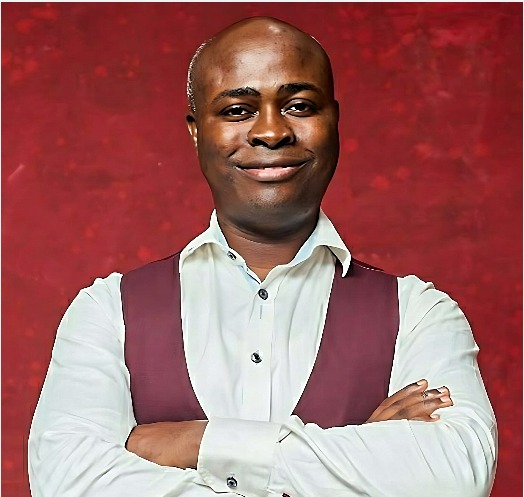Languages are an integral part of a nation’s cultural identity and heritage. They reflect the unique experiences, values, and traditions of a community. However, Ghana, like many other countries, is facing a significant threat to its linguistic diversity. The rise of globalization, urbanization, and the dominance of major world languages has put Ghanaian languages at risk of extinction. Fortunately, emerging technologies, particularly artificial intelligence (AI), offer a glimmer of hope for the preservation and revitalization of these endangered languages.
There are at least 201 African languages that have gone extinct due to globalization and 10 of them are Ghanaian. As the world becomes more interconnected, people are increasingly using common languages like English and French and this is leading to the decline of minority languages, as people switch to more widely spoken languages. In Ghana, even some majority languages are being affected, as certain words in widely spoken languages like Akan, Ga, Ewe etc. are no longer used in conversations.
Speaking at the just ended AI Webinar by Techstripped Africa, dubbed Write the Future Write with AI, Dr Stephen Moore, co-founder of Ghana NLP, stated that since they started working on their Ghanaian Language Translator, Khaya App, he’s realized that many Ghanaian languages are not really strong, and may actually be replaced by a lot of English or other some coinage words. He attributed this to the fact that we do not have a language board and hence are not developing our languages.
Dr Moore asserted that “The development of our Ghanaian languages is coming from the entertainment industry. They are the ones who are creating new words for what we are doing, that the words do not exist. And this is a sad reality, because to develop the language, you need a language board.”
So, what do we do to stop our languages from further degeneration? This is where artificial intelligence is our best bet to language development and preservation. AI can be used to document endangered languages, create educational resources, and promote language use. AI-powered tools can assist linguists and researchers in efficiently documenting and digitizing endangered languages. Natural Language Processing (NLP) algorithms can process vast amounts of linguistic data, making it easier to analyze, categorize, and preserve the linguistic nuances of each Ghanaian language.
AI-driven language learning platforms can provide accessible and engaging resources for native language education. Personalized language learning apps, chatbots, and virtual language tutors can create immersive language-learning experiences, encouraging younger generations to reconnect with their heritage languages. Just like Dr Moore and his team at Ghana NLP are doing with the Khaya app, AI can facilitate real-time translation between Ghanaian languages and dominant languages like English. By integrating AI translation tools into everyday communication platforms, barriers between languages can be broken down, promoting inclusivity, and encouraging the use of native languages.
Maybe it’s time we created local language voice assistants like Google Assistant and Siri, as they can enable the creation of interactive language resources and multimedia content in Ghanaian languages. This approach can revitalize interest in indigenous languages and inspire their usage in various domains, including literature, music, and digital media.
As Google is doing with its ‘AI Endangered Languages Project’, and Myanmar is doing with its ‘Language Initiative’, the government of Ghana and educational institutions must recognize the importance of preserving our linguistic diversity and allocate resources to support AI initiatives focused on Ghanaian languages. Public-private partnerships should also play a crucial role in funding research and development, ensuring the sustainability and long-term impact of language preservation efforts.
By Kwame Owusu Ansah
The writer is a Tech Writer and founder of Techstripped Africa


